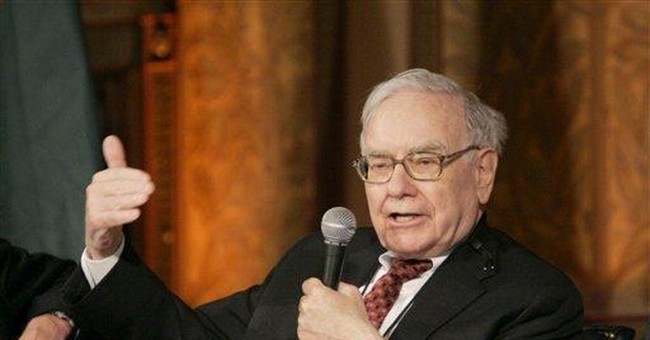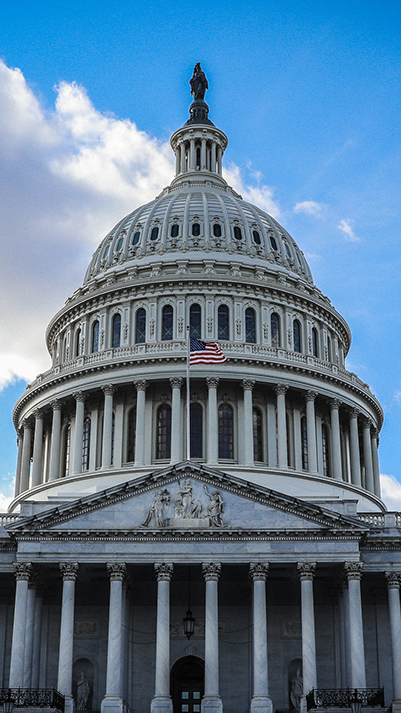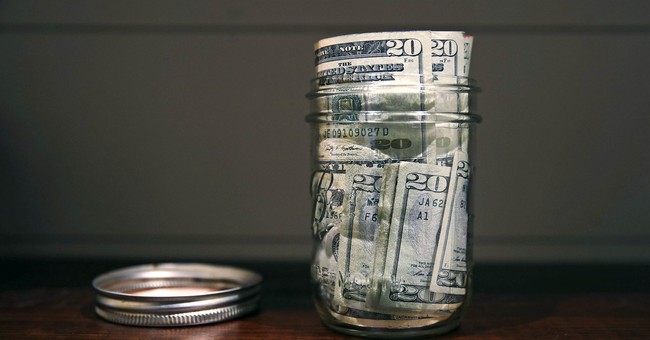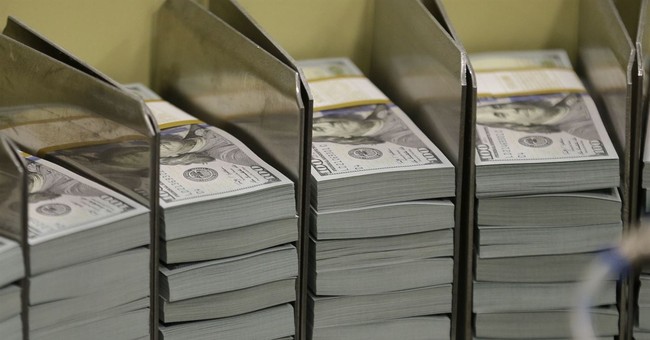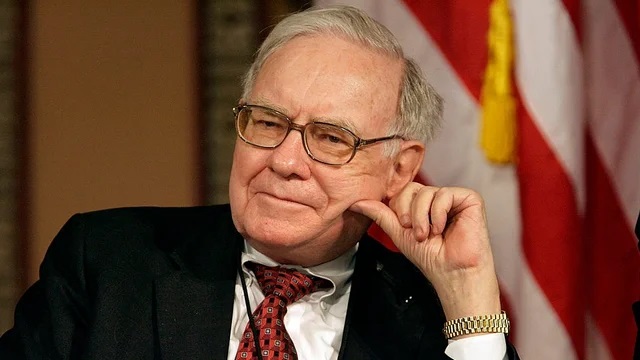Inequality is almost universally condemned by the intellectual elite. But most of the rest of the world doesn’t think inequality is such a bad thing. According to polling by Gallup, there are 138 million people in the world today who would like to immigrate to the United States. Most of these people are poor. They tend to live in egalitarian surroundings – they and their neighbors are all equally poor. (The country with the highest percentage of would-be immigrants is Liberia.) Yet they want to come to a country with a great deal of inequality, knowing they would start out at the bottom of the income ladder.
